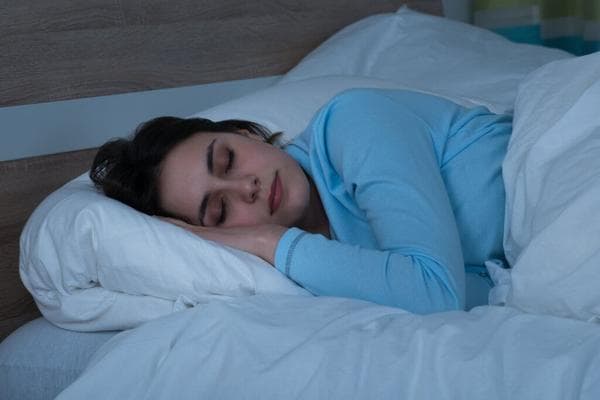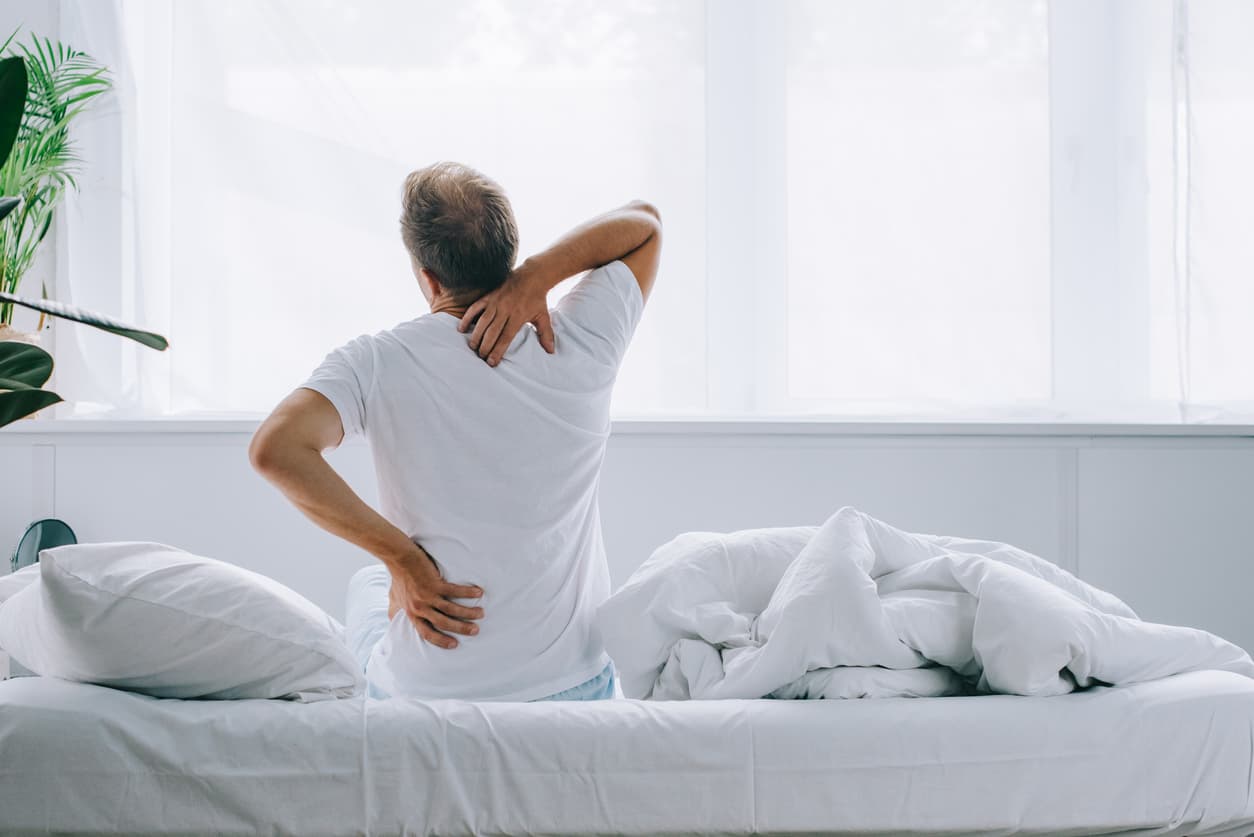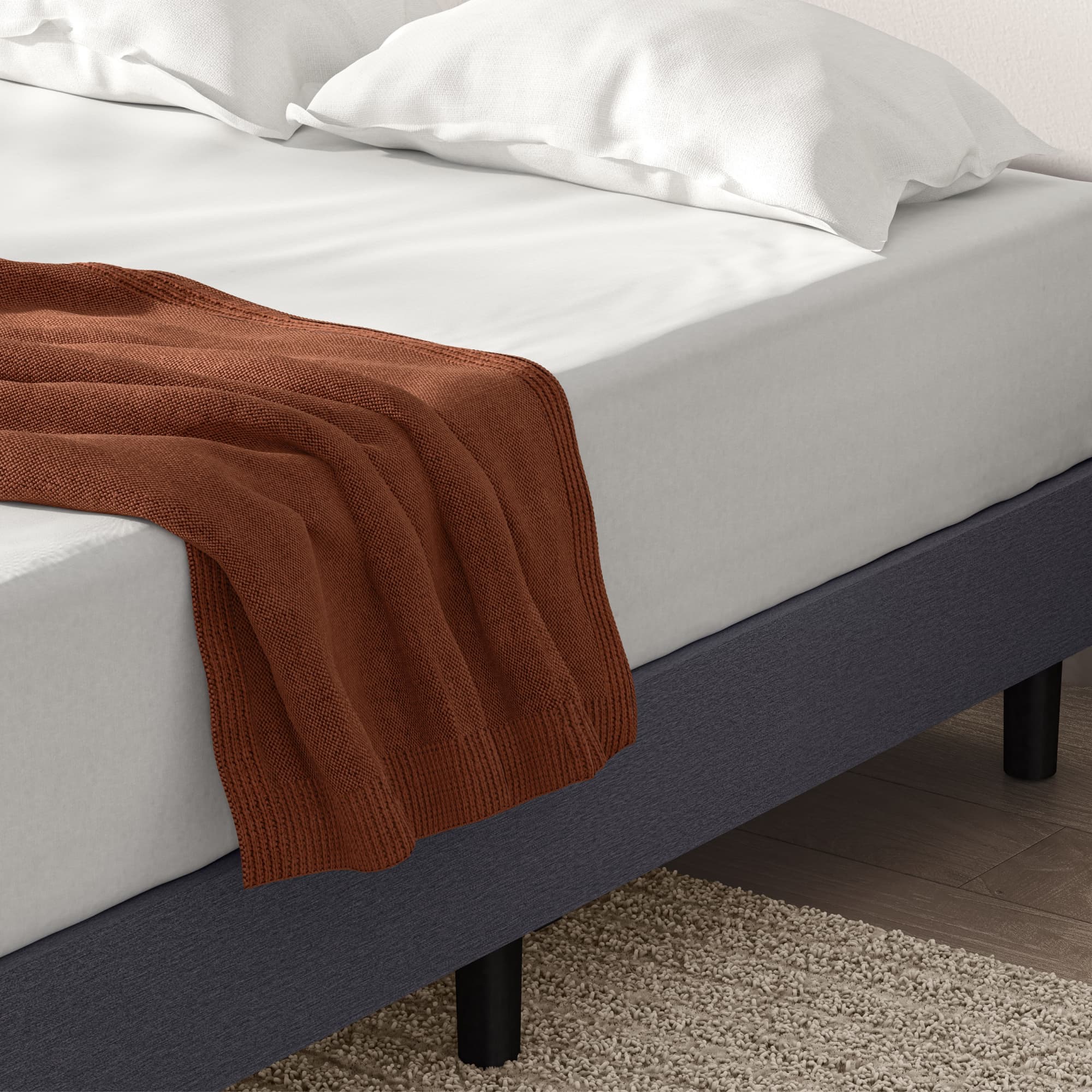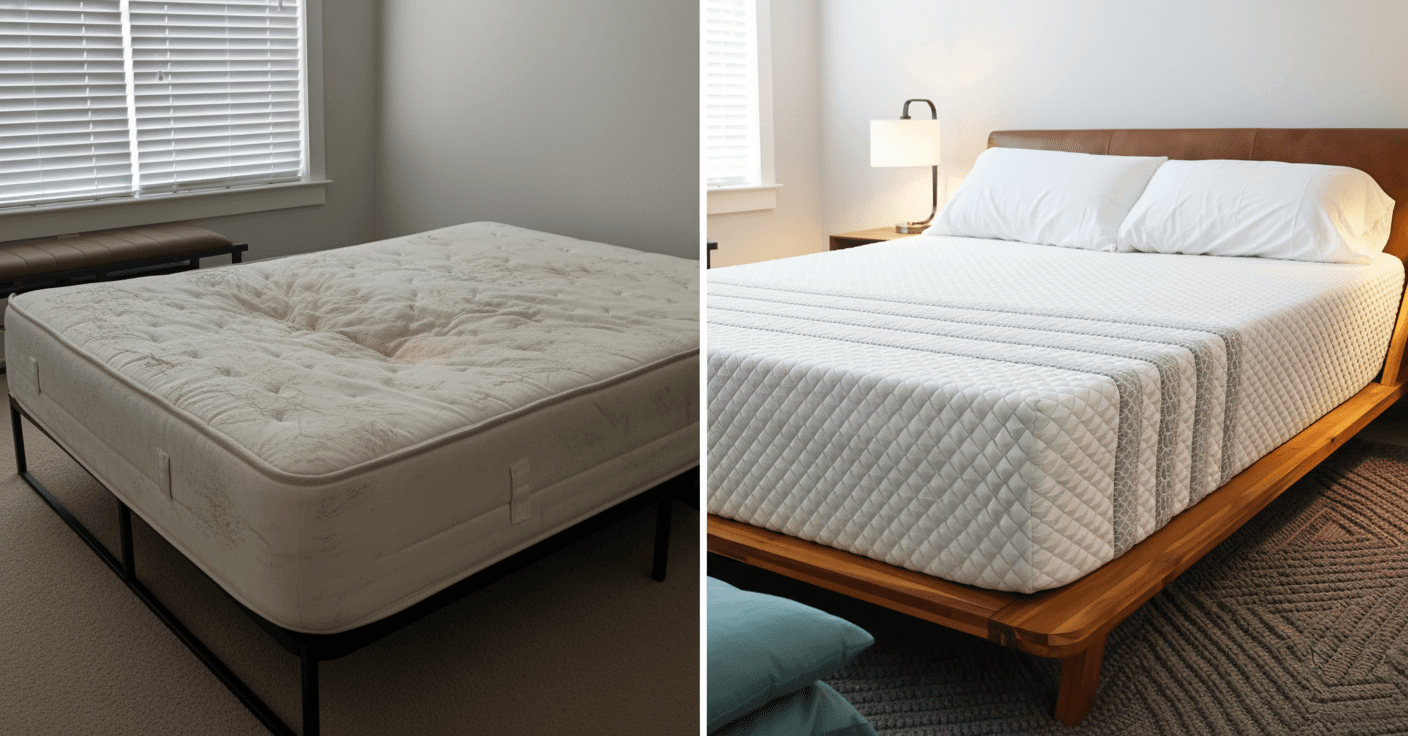Are you an early bird or a night owl? This common get-to-know-you question is more than just an icebreaker or personal preference. Whether you’re up with the sun or work late into the night, your natural sleep tendency is largely dictated by biology.
That’s right! It’s called a sleep chronotype, and it’s something you're born with. While most people can defy their natural sleep preference, getting up early when they must and staying up late with friends despite their preset natural clock, this switch-up can have some poor effects like drowsiness or irritability. So most people like sticking to their regular sleep habits, but it is possible to change.
The real question is: Is one sleep pattern better than the other? Do morning people actually get better sleep, or do night owls have the right idea? Read on to discover the optimal time to fall asleep and wake up.
The science behind early birds and night owls
Sleep is a science that researchers are only now starting to understand. New research suggests that humans sleep to restore the brain's operating system to an optimal state. Important functions like transferring short-term memory to long-term also happen during sleep.
While scientists still don’t know the exact reasons why humans need sleep , it’s still essential for life, so our bodies function with a biological internal clock that helps us rest regularly. This function is referred to as the circadian rhythm . It's the body's 24-hour internal clock, naturally set by the brain, that regulates sleep, hormones, digestion, and temperature. Your sleep chronotype guides when you feel most awake and most sleepy.
Research suggests that sleep chronotype is a genetic function that you’re born with. Some twin studies show that, despite different lifestyles, twins share similar sleep patterns, a.k.a. sleep chronotypes. This genetic component is what makes a morning person bright-eyed and bushy-tailed at 6AM and helps a night owl do their best work at midnight.
But why did some people evolve to stay up late while others wake up early? In our modern world, it might be simpler if we were all on the exact same schedule and had the same chronotypes, but different chronotypes may be an evolutionary survival function .
Hunter-gatherer societies benefited from staggered sleep schedules. It meant there were always people keeping watch over the group, limiting the chances of surprise attacks from animals or other humans. Nowadays, the only animal attack you’re likely to experience while sleeping is your cat's nightly zoomies, but evolutionary traits tend to stick around, and sleep chronotypes are likely here to stay.
Pros and cons of early birds vs. night owls
Early birds
Early risers with traditional work schedules have it made—they’re perky and ready to go for their 8 AM commute. Morning people experience a better mental state in the early morning and tend to have a more stable mood throughout mid-day.
But the transition from day to night can be challenging, especially when it comes to late-night socializing. This means that adapting to workplaces with late-night meetings and work dinners can be a challenge for early birds. There’s also potential for missed friend and family late-night events.
People with this chronotype actually struggle more than night owls when adjusting to schedule changes. Circadian rhythms tell early birds who are up late that it's time to go to bed, making it more challenging to stay up into the evening hours.
Night owls
Some studies suggest that night owls tend to be mentally sharper and score better on specific intelligence tests. The catch is that sleep duration also has a significant effect on mental sharpness, so you may not see those benefits if you’re up until 1 AM and getting up six hours later for work.
Regardless, those who go to bed later are excellent at adapting to late-night entertainment schedules and flexible work. Night owls can stay up late chatting the night away or burning the midnight oil without any issues.
However, some night owls risk building a lot of sleep debt due to early morning school or work requirements. Sleep debt refers to the difference between the sleep you need and the sleep you get, putting night owls at risk of developing sleep disorders and metabolic issues.
Does one get better sleep than the other?
No studies yet prove severe and permanent differences in sleep efficiency between early birds and night hours. Neither group appears to have a higher sleep quality or deeper REM cycles . This is probably because circadian rhythm, not chronotype, influences REM.
The same study that covered night owls and mental sharpness also found that getting between 7–9 hours of sleep is vital for brain health. The amount of sleep you get greatly determines sleep quality, and night owls who are forced to wake early, disrupting their REM, may struggle to get good sleep. Conversely, morning birds who work in industries that stay up late—servers, performers, and creatives—also struggle.
Both sleep types are also affected by artificial light , especially from screens. It can suppress your melatonin and completely disrupt your circadian rhythm. So, as fun as doom scrolling is, it’s a good idea to avoid screens at least in the hour leading up to bedtime.
Can you change your chronotype?
While genetics play a role, sleep patterns can be changed. If you’re struggling to align your natural chronotype with real-life demands, here’s how to adjust or fix your sleep schedule.
Tips to become more of an early bird
You don't have to live life as a victim of your late-night preferences. Become the early bird that gets the worm by:
Going step-by-step: Gradually adjust your bedtime by 15 to 30-minute increments each night. This means moving your entire nightly routine bit by bit to slowly adjust to your new sleep schedule.
Using the morning sun: Your body naturally views light as a cue to wake up. Try leaving your blinds open or set them on a timer to open with the sunrise. A sunlight simulator works too.
Avoiding screens / blue light: Some night owls need to cut out all screens and the blue light that comes from them at night. Any amount of nightly screen time can make it so much harder to fall asleep.
Tips to become more of a night owl
Enjoy late-night socialization without the yawns using these tips.
Use the lights: Keep the lights on throughout your home in the evening to avoid early triggering of melatonin release.
Structure your wind-down: Stick to a wind-down routine that starts at a specific time of night. This will get your body used to the rhythm of falling asleep at a later time.
Keep a consistent schedule: If you want to stay up past 11 PM on the weekends, then you can't go to bed at 7 PM on the weekdays. Try to keep a somewhat consistent schedule.
Tips for better sleep—no matter your chronotype
No matter when you sleep, the quality matters. Even a night owl would struggle to stay up past midnight if they got poor sleep the night before. In addition to the tips above, you can improve your sleep quality by:
Using white or brown noise machines to lull you to sleep
Using a sleep tracker to check for weak spots in your sleep schedule or quality
Being mindful of other key factors that impact your sleep, such as diet and stress
Of course, one of the biggest factors when it comes to sleep quality is your bed itself. A supportive, pressure-relieving, high-quality mattress naturally leads to better and longer sleep. It's much easier to adapt your sleep schedule and stay asleep when you're resting on a supportive cloud.
Find your perfect mattress for better sleep
The right mattress can make a world of difference in sleep quality for both early birds and night owls. So, if your bed is starting to sag or lose its supportiveness, explore Leesa’s options to find your perfect match.
Whether you prefer an all-foam mattress like the Leesa Original or want to live in the lap of luxury with the Legend Hybrid Mattress, we’ve got just what you need for a good night’s sleep—every night. Take the mattress quiz to discover your perfect fit!



